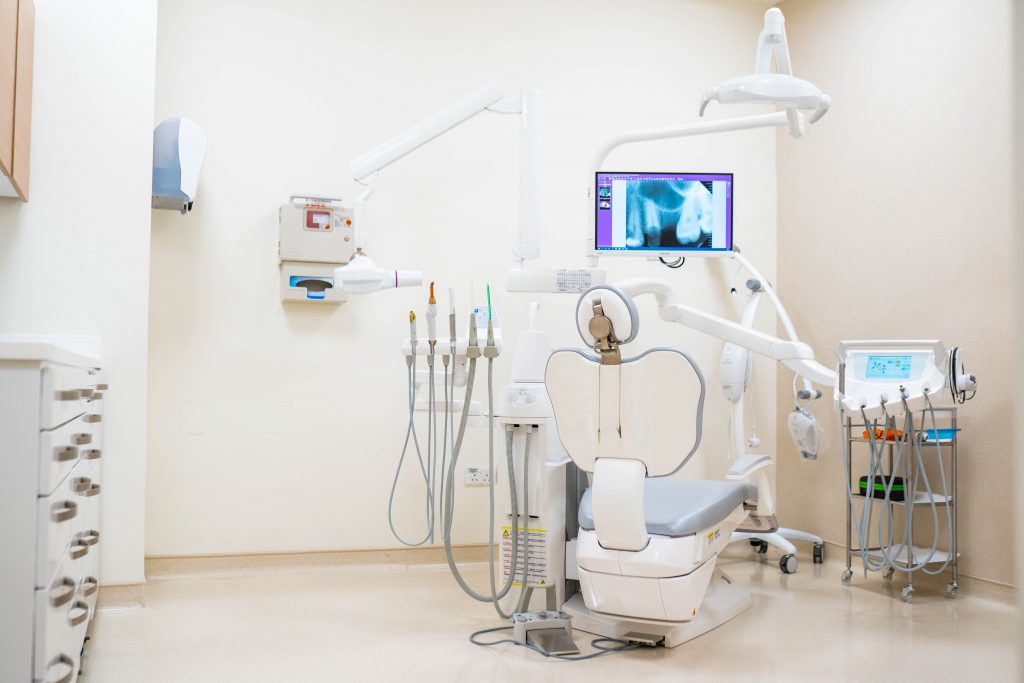How To Conceive Early- Tips From A Gynecologist

While some couples may get pregnant easily, others may face difficulties in conceiving. If you and your partner are trying to have a baby, it is important to understand the basics of conception and what steps you can take to increase your chances of getting pregnant.
Given below are some expert-backed tips from a professional of gynecology near me that can help you conceive early and improve your chances of having a healthy pregnancy.
Track your ovulation cycle
Knowing your ovulation cycle is one of the most effective ways to increase the chances of getting pregnant. Ovulation typically occurs around 14 days before the start of the next period. Using ovulation predictor kits, tracking basal body temperature, or monitoring cervical mucus changes can help identify the most fertile days. Engaging in intercourse during this window improves the likelihood of conception.
Maintain a healthy diet
A well-balanced diet plays a significant role in fertility. Nutrient-rich foods, such as leafy greens, fruits, whole grains, lean proteins, and healthy fats, support reproductive health. Folic acid, iron, and vitamin D are particularly important for egg quality and implantation. Reducing processed foods, excess caffeine, and sugar intake also promotes hormonal balance.
Adopt a healthy lifestyle
Both partners should focus on maintaining a healthy lifestyle to improve fertility. Avoid smoking, excessive alcohol consumption, and recreational drugs, as these can negatively impact sperm and egg quality. Regular exercise helps regulate hormones, but extreme workouts should be avoided as they may interfere with ovulation. Managing stress through meditation, yoga, or relaxation techniques also supports reproductive health.
Maintain a healthy weight
Weight can significantly influence fertility. Being underweight or overweight may disrupt hormonal balance and ovulation. Maintaining a healthy body mass index (BMI) improves the chances of conceiving. If necessary, consulting a nutritionist or a gynaecologist for weight management guidance can be beneficial.
Seek medical advice if needed
If conception does not happen within six months to a year (depending on age and health conditions), consulting a gynaecologist is recommended. A doctor can check for underlying fertility issues such as polycystic ovary syndrome (PCOS), thyroid imbalances, or other reproductive concerns. Early medical intervention can provide solutions like fertility treatments or lifestyle adjustments.
Ensure regular intercourse
Engaging in regular intercourse, particularly during the fertile window, increases the chances of pregnancy. Experts recommend having intercourse every two to three days throughout the cycle to maintain optimal sperm quality and improve conception possibilities.





